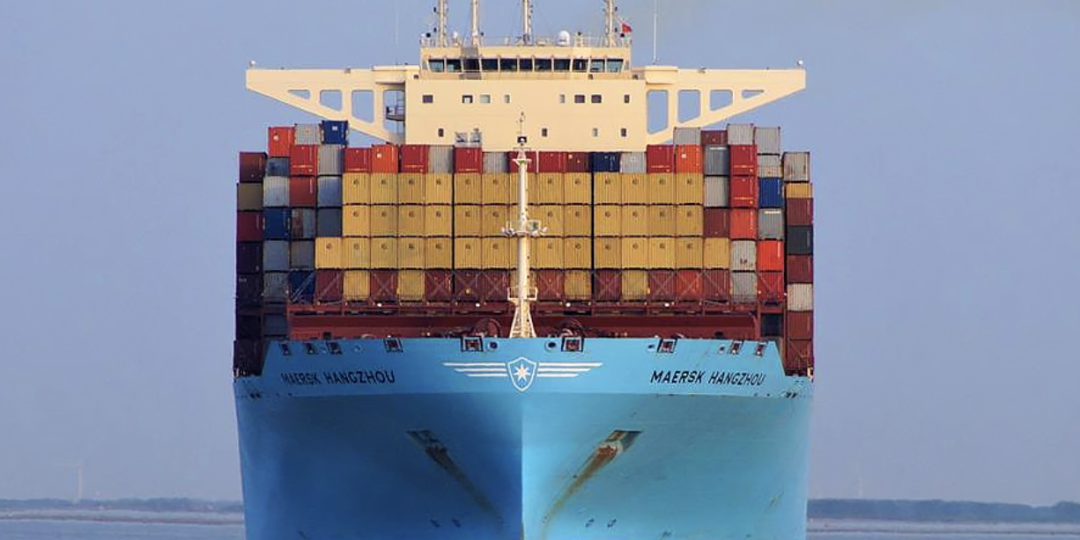Secretary-General of the International Maritime Organization (IMO), Arsenio Dominguez, strongly condemned the attacks on international shipping in the Red Sea area in his address to the United Nations Security Council earlier this week.
“I reiterate the strong commitment of the International Maritime Organization to protect seafarers, ships and cargoes, which is of the utmost importance to ensure the safety and security of global supply chains.”
Since the beginning of November, several attacks have been launched against international vessels navigating in this vital shipping lane which records around 15% of international shipping trade.
While the initial target was ships linked to Israel, this doesn't seem to be the case at the moment.
The IMO is closely monitoring the situation.
Around 18 shipping companies have already decided to reroute their vessels around South Africa in order to reduce the attacks on vessels and, of course, the impact this has on seafarers in particular.
This represents an additional 10 days to the journey and, of course, a negative impact on trade and an increase in freight rates.
Shipping major Maersk Line is among the carriers that have paused all transits through the Red Sea/Gulf of Aden until further notice following an incident involving its vessel, Maersk Hangzhou, on December 30.
According to an advisory from the line, the vessel was hit by an unknown object after passing through the Bab al-Mandab Strait en route from Singapore to Port Suez, Egypt.
The vessel’s security team, along with a helicopter deployed from a nearby navy vessel, successfully thwarted the attempt.
The crew is reported to be safe.
Maersk Hangzhou was among the first vessels to go through the Red Sea again following confirmation that the multinational security initiative, Operation Prosperity Guardia, had been deployed in the area.
In December last year, an Extraordinary Meeting of the members of the Djibouti Code of Conduct was held to discuss how to deal with increasing threats against international shipping in the Red Sea Area. The meeting called for enhanced security measures, including coordination among signatory States, navies, and the industry, and continuous meetings/reviews and submission of recommendations to the IMO and the United Nations Security Council.













